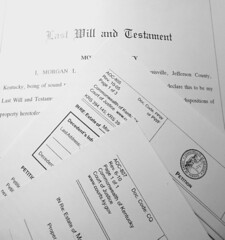After the death of New York City legend Ed Koch on February 1st, 2013, his estate plan became the topic of public conversation. A recent article discussing the plan suggests that he could have saved his estate 3 million dollars in taxes had he set up an irrevocable trust.

Koch drafted his final estate plan in 2007. Through his will, he directed that his 10 million dollar estate be distributed mainly between his sister, three sons, and secretary of 40 years. His estate plan did not utilize any type of irrevocable trust in order to facilitate these distributions. According to Managing Director of Estate Street Partners, LLC, Rocco Beatrice, using such a trust could have eliminated the entire estate tax bill of 3 million.
Koch’s estate will be required to pay New York state taxes of 16% on the amount by which it exceeds $1 million, as well as federal estate tax of 40% on the amount by which the estate exceeds $5.25 million. Assuming his estate is worth $10 million, these taxes would amount to $1.44 million and $1.90 million, respectively.
According to Beatrice, “That is a lot of money in taxes which could have easily been avoided.” Beatrice explained that, had Koch set up irrevocable trusts, the $3 million could have gone to his family, rather than the government.

















